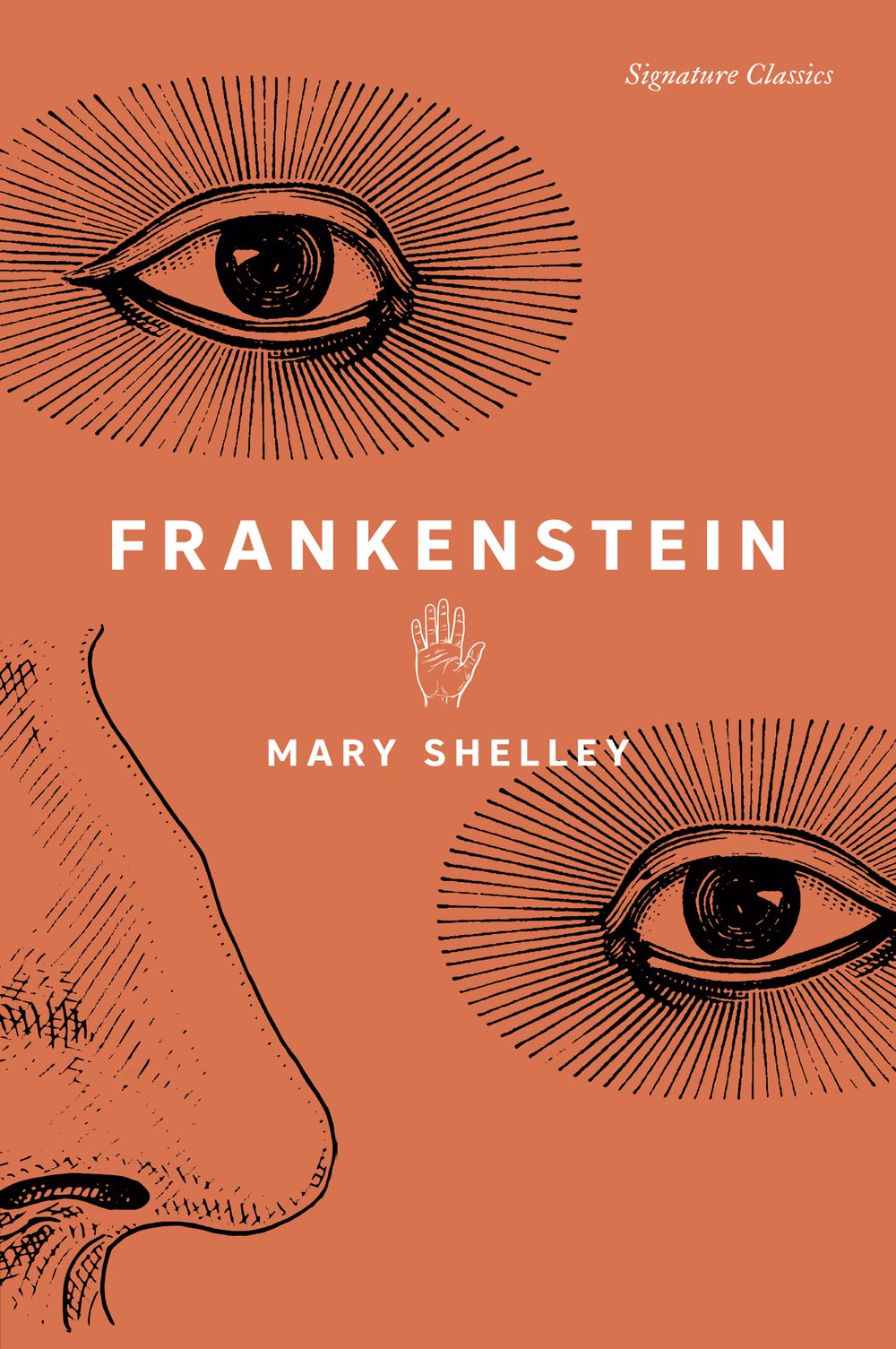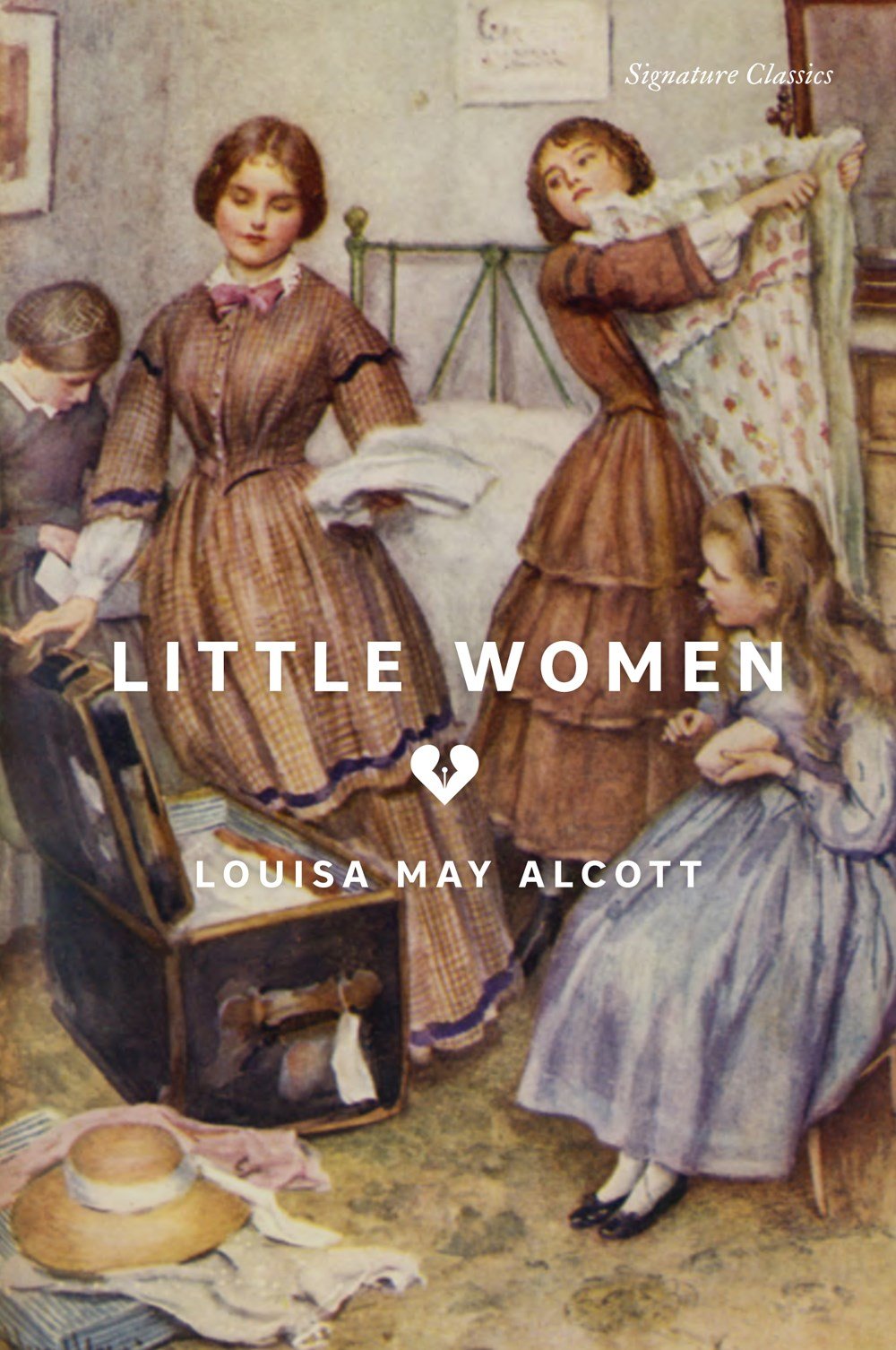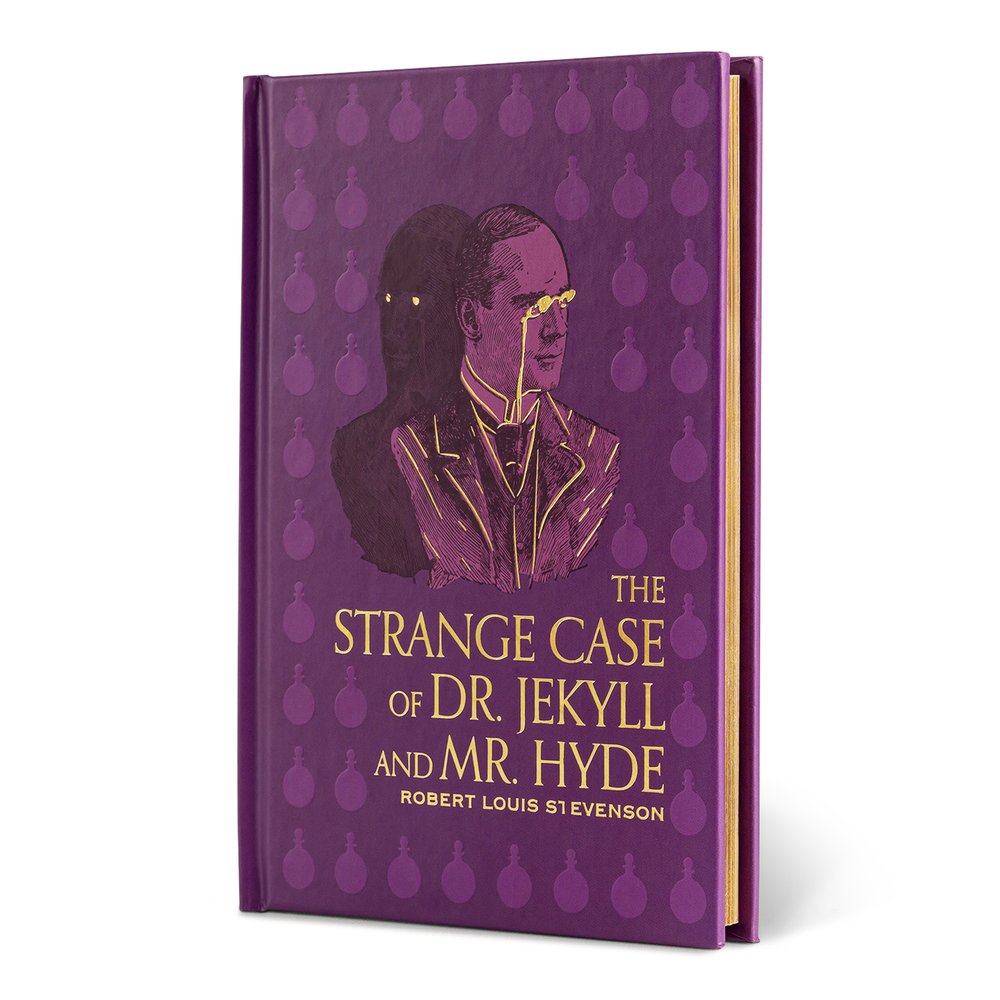Frankenstein

Dr. Victor Frankenstein never considers the consequences of his obsession. In his zeal to understand and harness the secret of life, he neglects his family and friends, isolates himself from the world, and ignores his own health. For years, he labours to create a new race of intelligent beings. He spends his nights scrounging human and animal body parts from graveyards, slaughterhouses, and hospital dissection rooms. By day he experiments in his secret laboratory, learning from his mistakes and perfecting the creature who, he believes, will worship him as a god. But this hubris is not his only sin. When he succeeds, Frankenstein is horrified by the ugly brutishness of the patchwork being he has brought to life. Rather than exult in his accomplishment, he runs from it, retreating to the comfort of long-neglected friends and family. Frankenstein has, indeed, created a monster. Not by reanimating dead flesh but by abandoning his creation and planting within it the seeds of rage and loneliness. Now, the monster is out for revenge.

Mary Shelley (1797-1851) was the author of five novels, though she is best known for Frankenstein. The daughter of feminist Mary Wollstonecraft, Shelley was steeped in the progressive ideals of the early 19th century.












